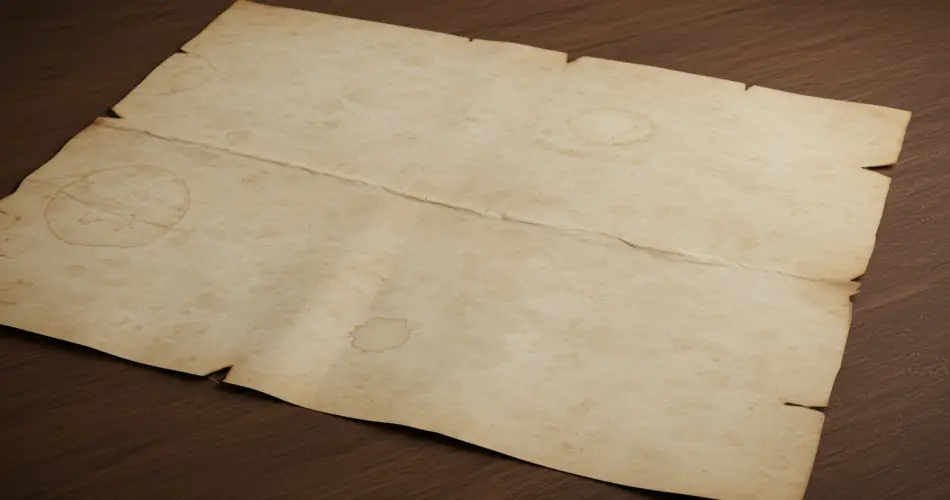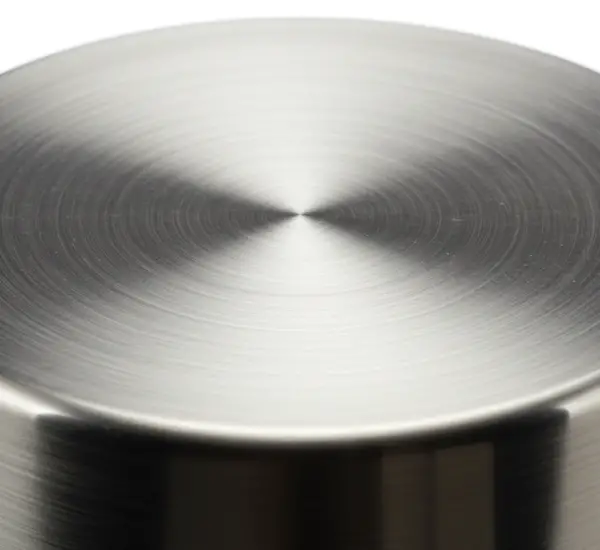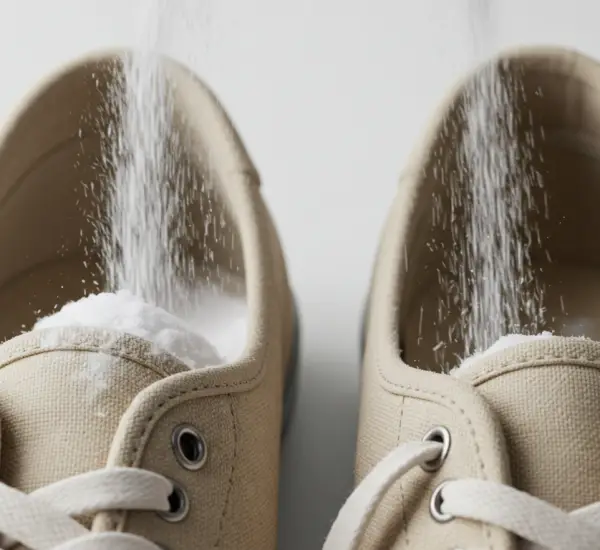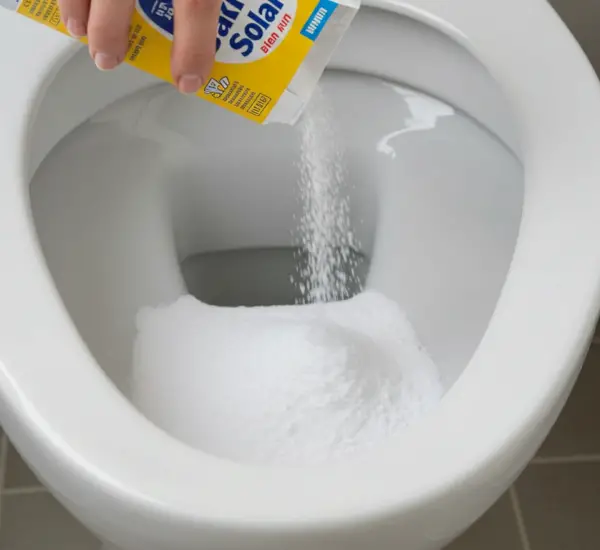Baking paper—also known as parchment paper—is one of the most widely used items in the kitchen. It makes cooking cleaner and healthier, prevents grease from sticking to trays, and saves us from endless scrubbing after preparing certain dishes. For many households, it is simply indispensable.
Yet, despite how common it is, many people do not know how to dispose of baking paper properly once it has served its purpose. Because it looks like paper, the majority of us instinctively throw it into the recycling bin designated for paper products. Unfortunately, this is one of the most widespread mistakes in waste disposal.
Throwing baking paper into the wrong bin doesn’t just risk disrupting recycling efforts—it could also result in hefty fines. In some municipalities, improper waste sorting carries penalties of up to €400. To avoid both financial consequences and environmental harm, it is important to understand exactly how and where baking paper should be disposed of.
Why Correct Disposal Matters
Recycling and proper waste separation are essential parts of modern life. Every citizen has the responsibility to follow local rules for waste sorting, as doing so ensures that materials can be properly processed and prevents contamination of recyclable streams.
When people throw the wrong items into the wrong bins, they compromise the recycling process. For example, if non-recyclable baking paper ends up in a paper recycling facility, it can cause serious problems. Not only does this disrupt recycling efficiency, but in some cases, entire batches of otherwise recyclable paper waste can be deemed unusable and sent to landfill.
For this reason, local governments impose fines on improper waste disposal. Beyond the financial penalties, failing to sort waste properly undermines community efforts toward environmental sustainability. In shared living arrangements, such as condominiums or apartment complexes, one person’s mistake can even put neighbors at risk of collective fines.
The Common Mistake: Thinking “Paper” Means It Belongs in the Paper Bin
At first glance, baking paper looks like it belongs with other paper products. After all, it is called “paper,” and many people logically assume that’s where it should go. But this assumption is wrong.
Unlike newspapers, cardboard, or printer paper, baking paper is treated with special coatings to make it heat-resistant and non-stick. These coatings—often silicone or similar substances—prevent it from breaking down like ordinary paper and make it unsuitable for standard recycling processes.
The type of baking paper you purchase determines where it should go once discarded. The good news? Identifying the correct bin is usually straightforward if you know what to look for.
Different Types of Baking Paper and How to Dispose of Them
Not all baking papers are created equal. At the supermarket, you will typically encounter two main varieties:
-
White baking paper – This is the most common type, and in most cases, it is not compostable. Because of its silicone or chemical treatment, it cannot be recycled with paper and should be disposed of in the general waste (indifferenziato) bin.
-
Brown or unbleached baking paper – This variety is often marketed as biodegradable or compostable. If the packaging explicitly states that it is compostable, it can safely be disposed of in the organic waste (umido) bin.
If you are unsure which type you have, simply check the product packaging. Manufacturers are usually required to indicate whether the product is biodegradable or compostable. As a general rule, when in doubt, throw baking paper in the general waste bin—better safe than contaminating recycling streams.
What About Dirty or Unused Baking Paper?
Another common question is whether baking paper that has been used and is now stained with food, oil, or grease can still be composted or recycled. The answer depends on the material:
-
Non-compostable baking paper (usually white): Regardless of whether it is clean or dirty, it must always go in the general waste bin.
-
Compostable baking paper (usually brown): It can go into the organic waste bin whether it is clean or dirty. Even if it has absorbed grease or food particles, it remains biodegradable.
Unused sheets of baking paper follow the same rules. The key factor is not whether the paper is clean or dirty but whether it is compostable or not.
What Happens If You Throw Baking Paper in the Wrong Bin?
Disposing of baking paper incorrectly can lead to several negative consequences:
-
Fines: Many municipalities have strict enforcement of waste sorting rules. Throwing non-recyclable baking paper into the paper bin may result in fines up to €400.
-
Environmental harm: Incorrect disposal contaminates recyclable materials and often leads to more waste being redirected to landfills.
-
Shared penalties in communities: In apartment buildings or residential complexes where waste is monitored collectively, one resident’s mistake can lead to fines for all tenants.
Given these risks, it is better to spend a few seconds reading the packaging and disposing of baking paper correctly than face financial penalties or environmental guilt later.
Tips for Avoiding Mistakes with Baking Paper Disposal
-
Always check the packaging. If it states “biodegradable” or “compostable,” you can safely dispose of it with organic waste. Otherwise, assume it belongs in general waste.
-
Don’t rely on appearance alone. White paper usually means non-compostable, brown paper is often biodegradable—but packaging confirmation is key.
-
Educate household members. Make sure everyone at home understands where to put baking paper to avoid mistakes.
-
Remember the fines. Keeping in mind that incorrect disposal can cost up to €400 is an effective motivator to sort correctly.
Final Thoughts
Baking paper is a kitchen essential, but when it comes to disposal, it is not as straightforward as it seems. The word “paper” is misleading, and many people unknowingly dispose of it incorrectly. The simple rule to follow is this: if it’s compostable, it goes in the organic bin; if not, it belongs in general waste.
By taking a few seconds to confirm the type of baking paper you are using, you can avoid costly fines, help the environment, and contribute to a cleaner, more sustainable community. After all, proper waste sorting is not just a civic duty—it’s a small step that collectively makes a huge difference.



